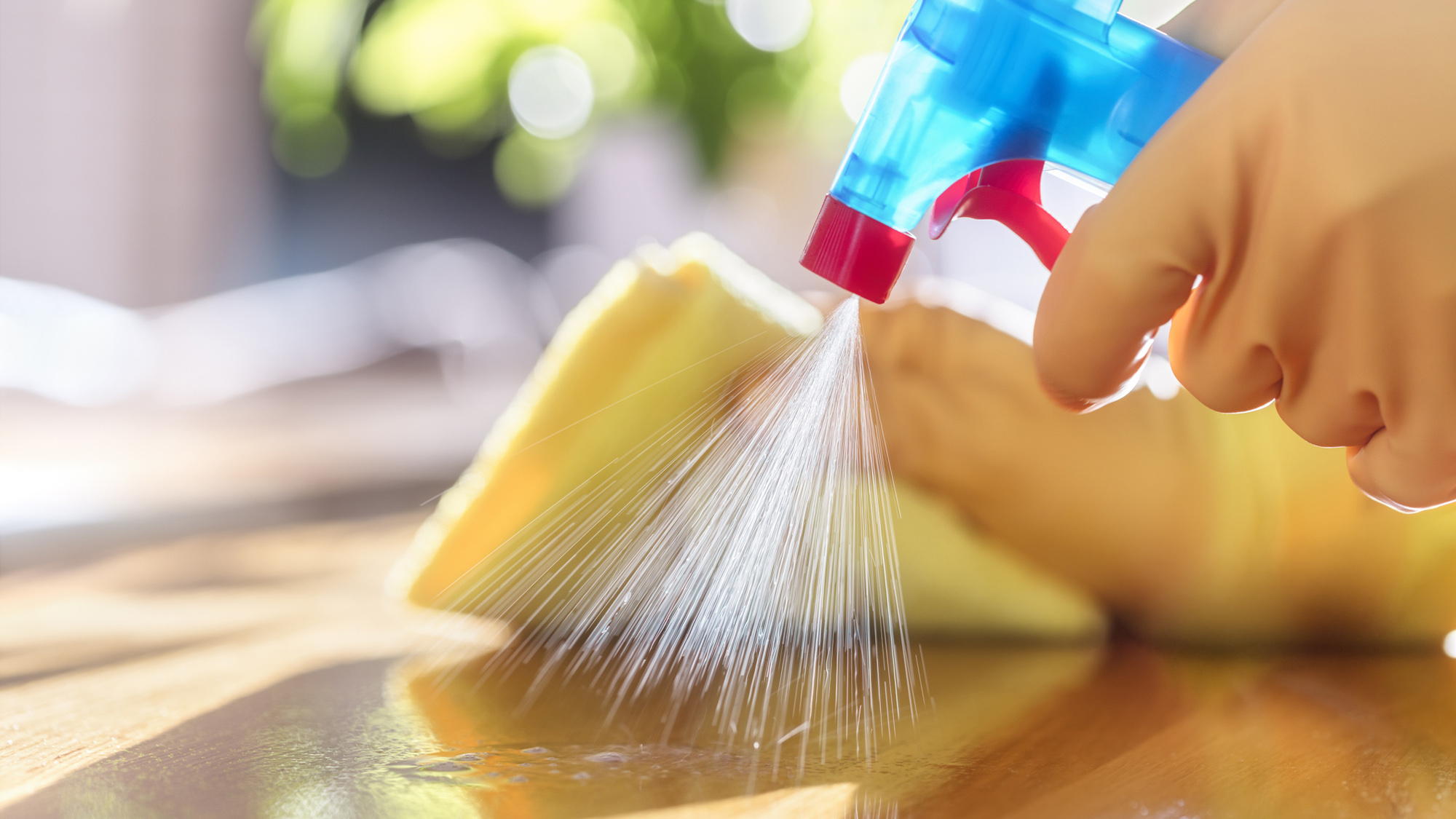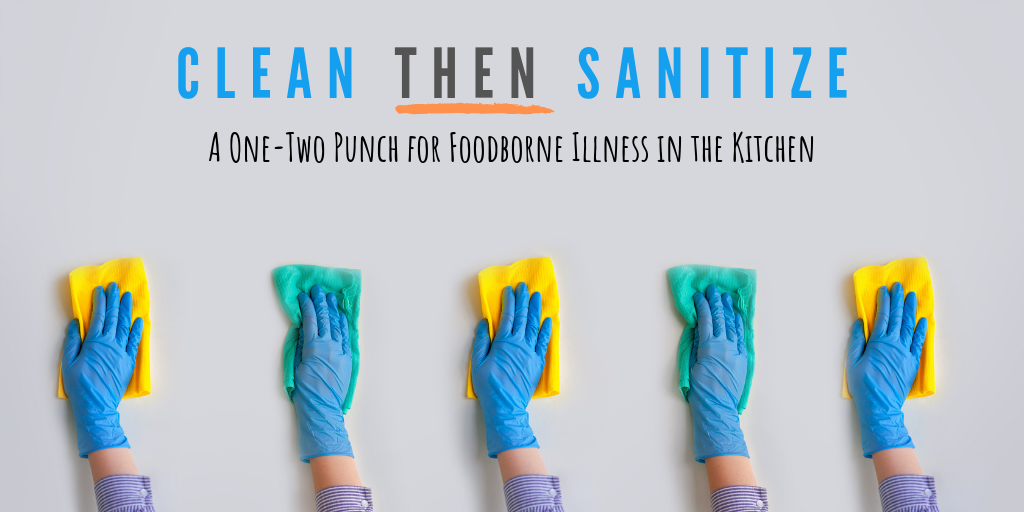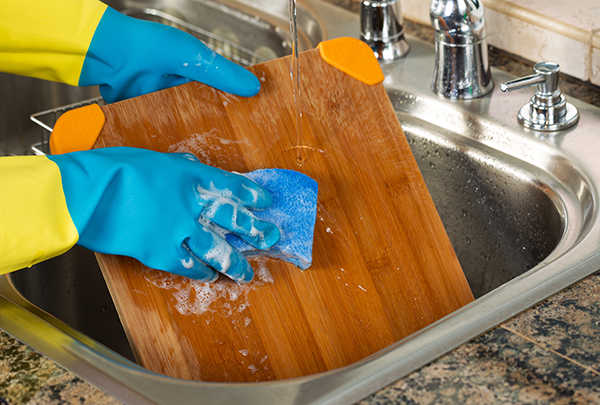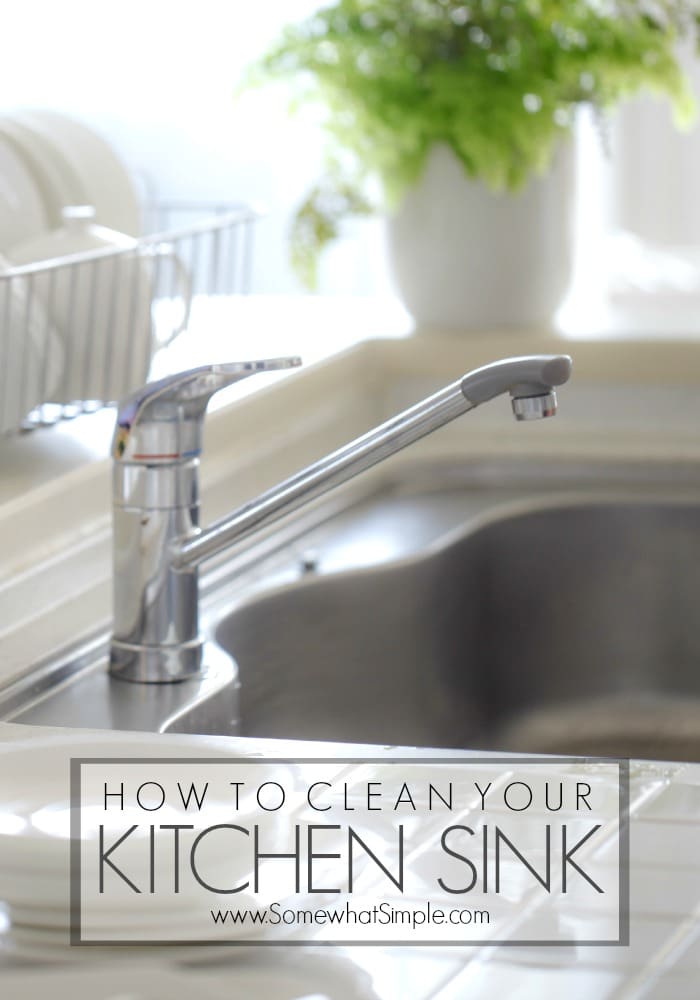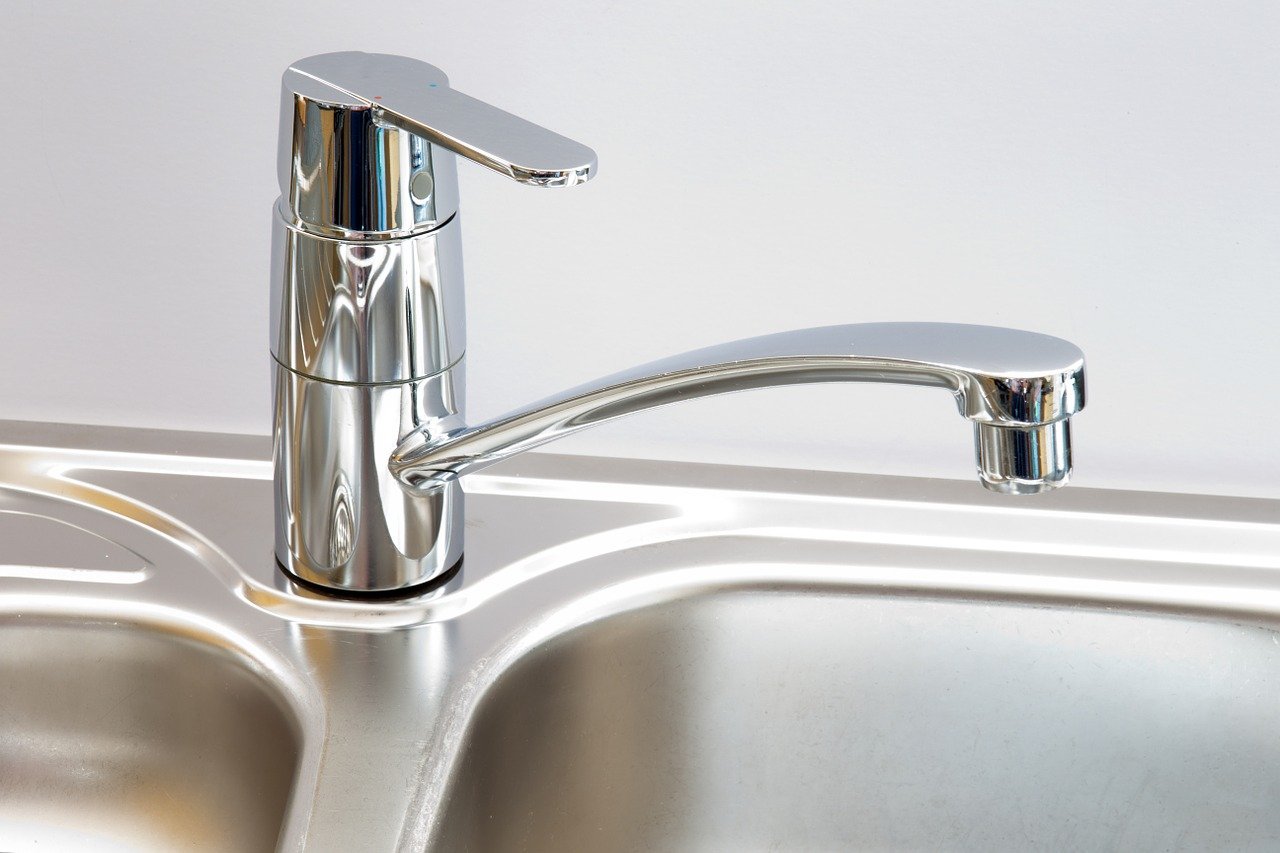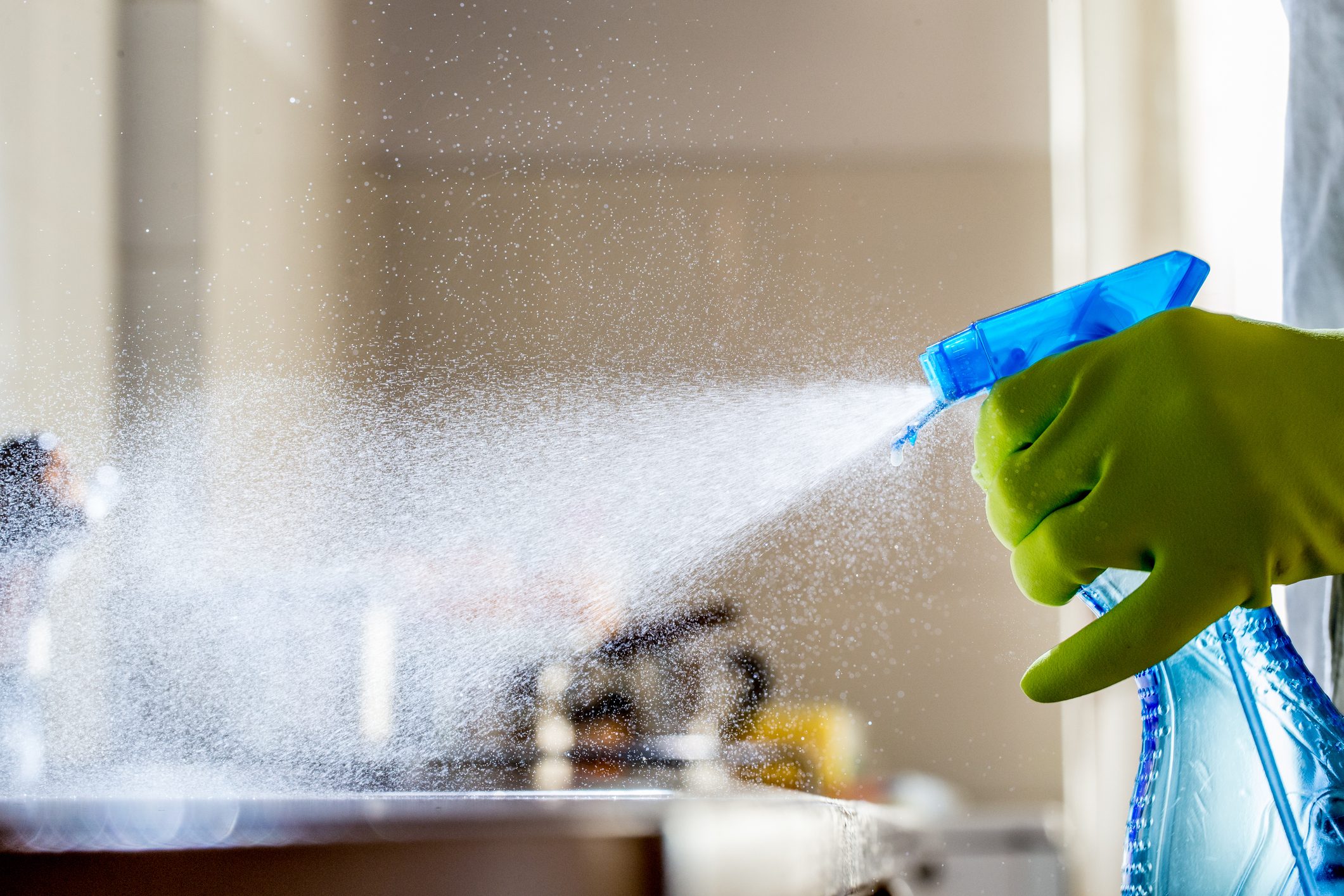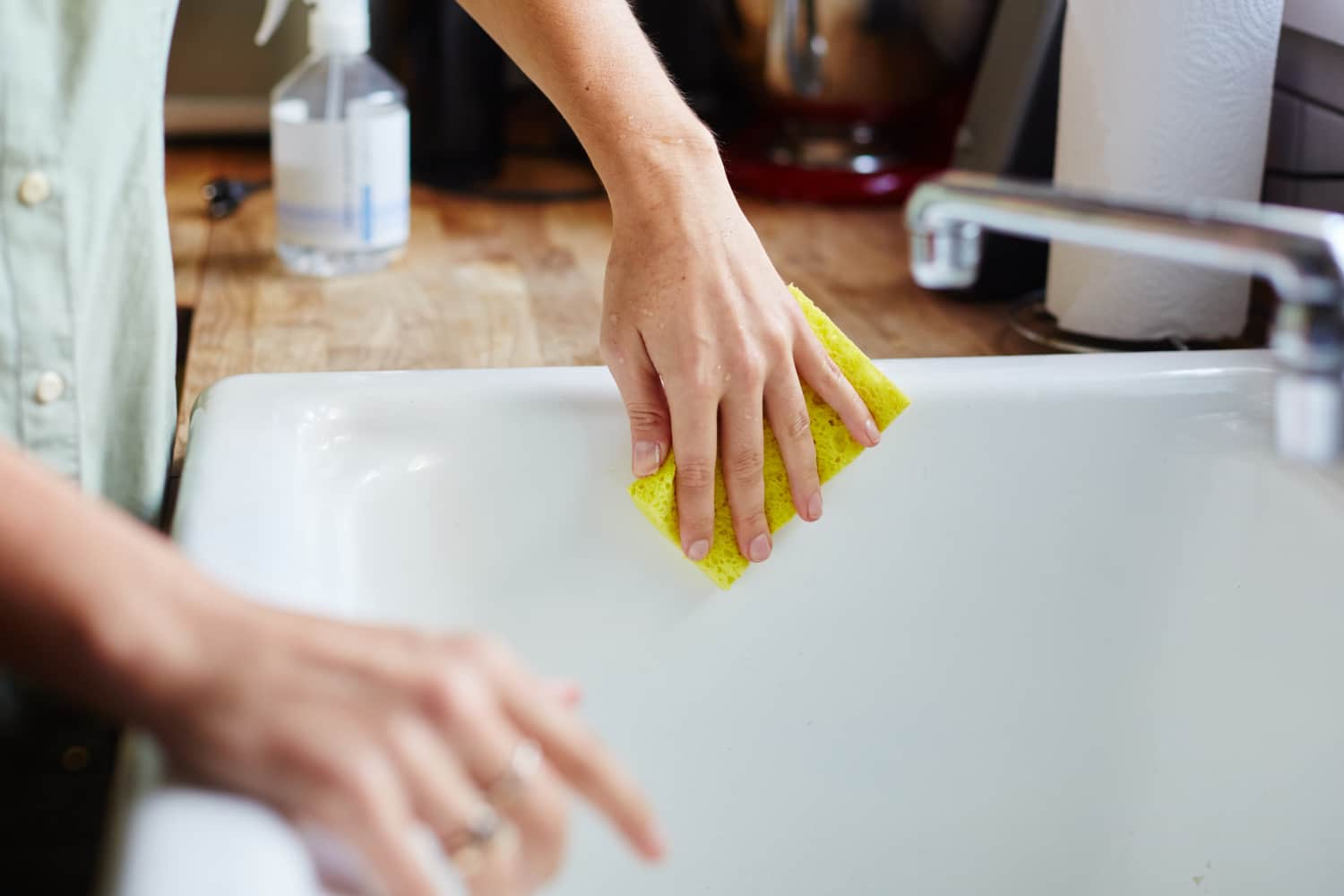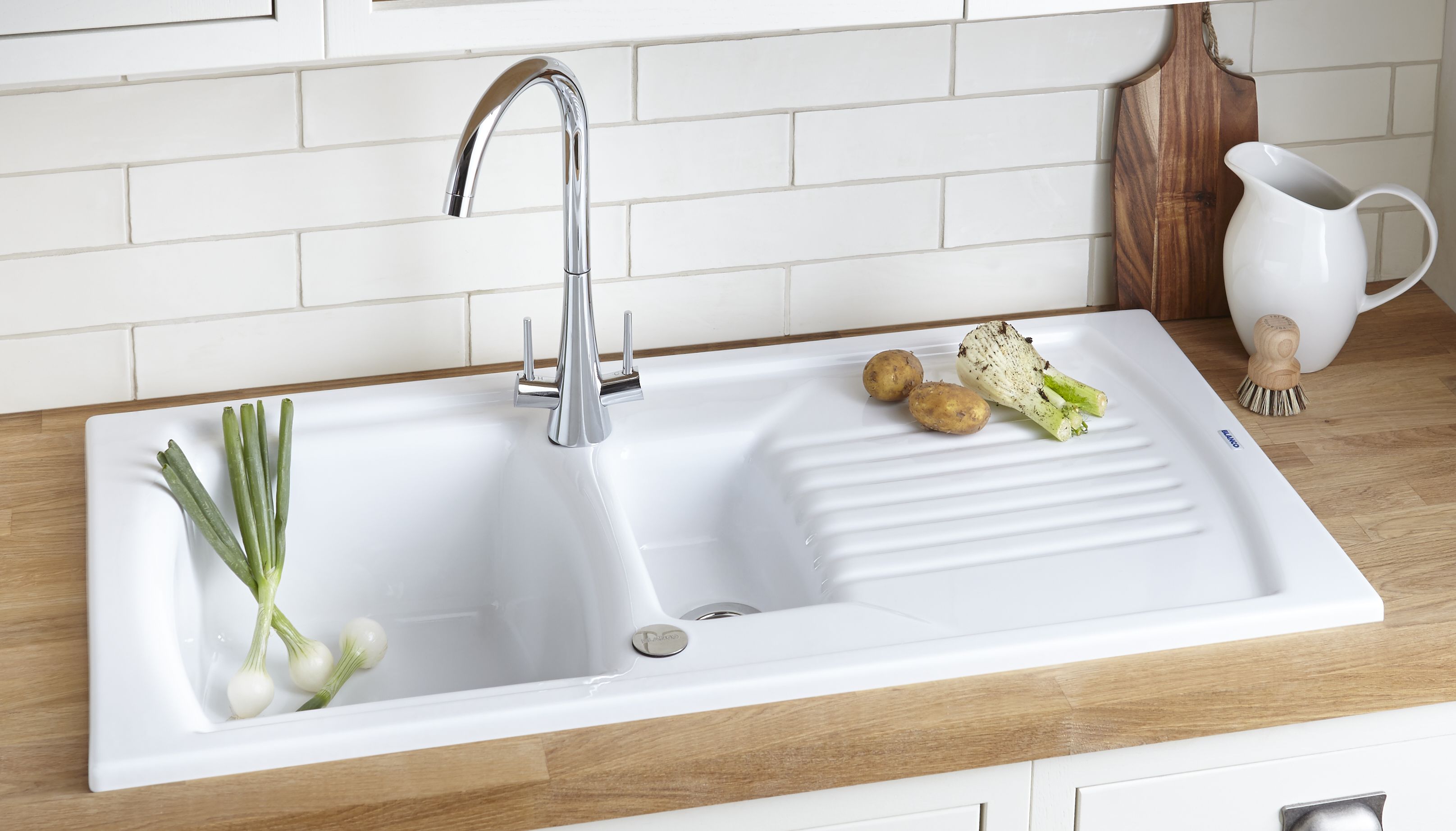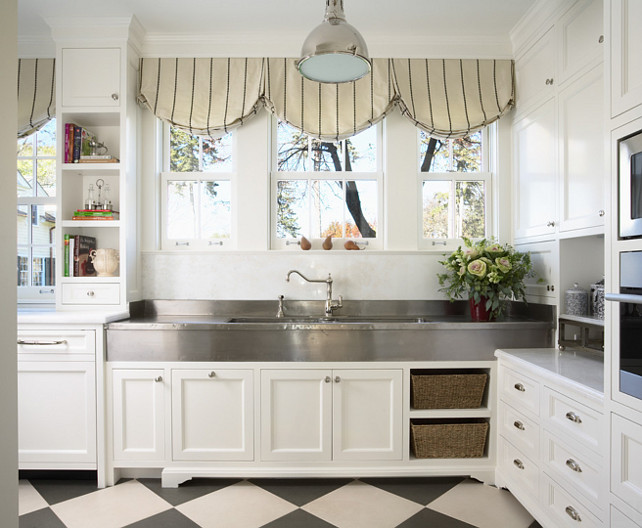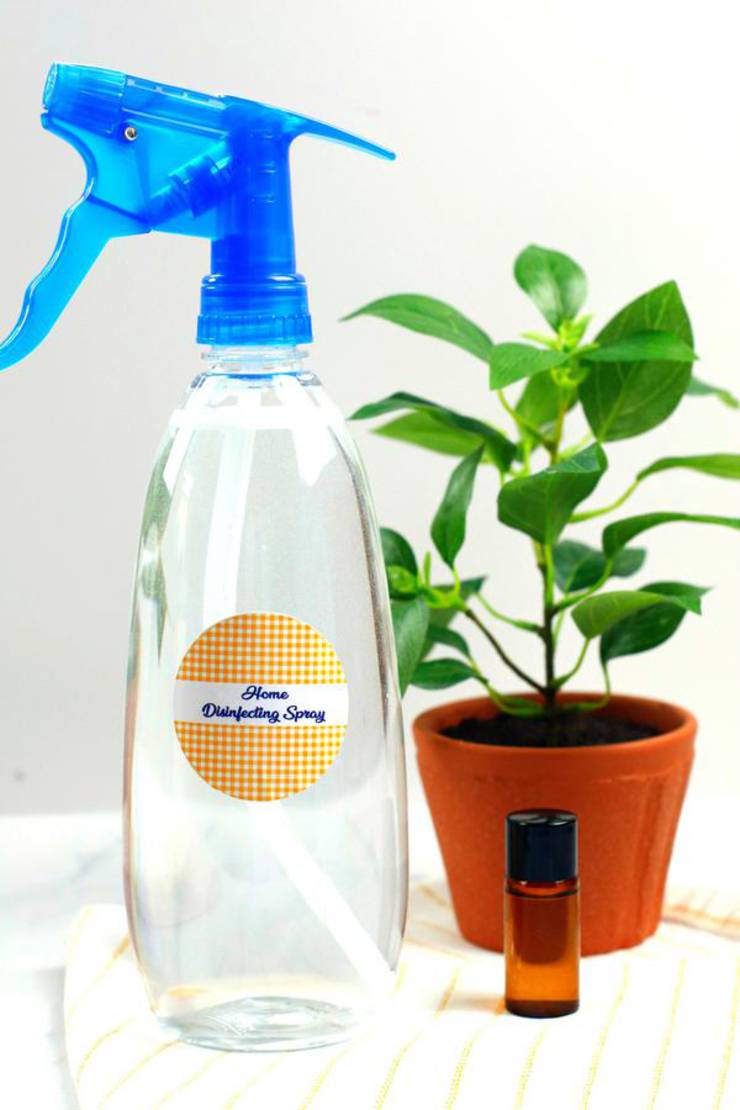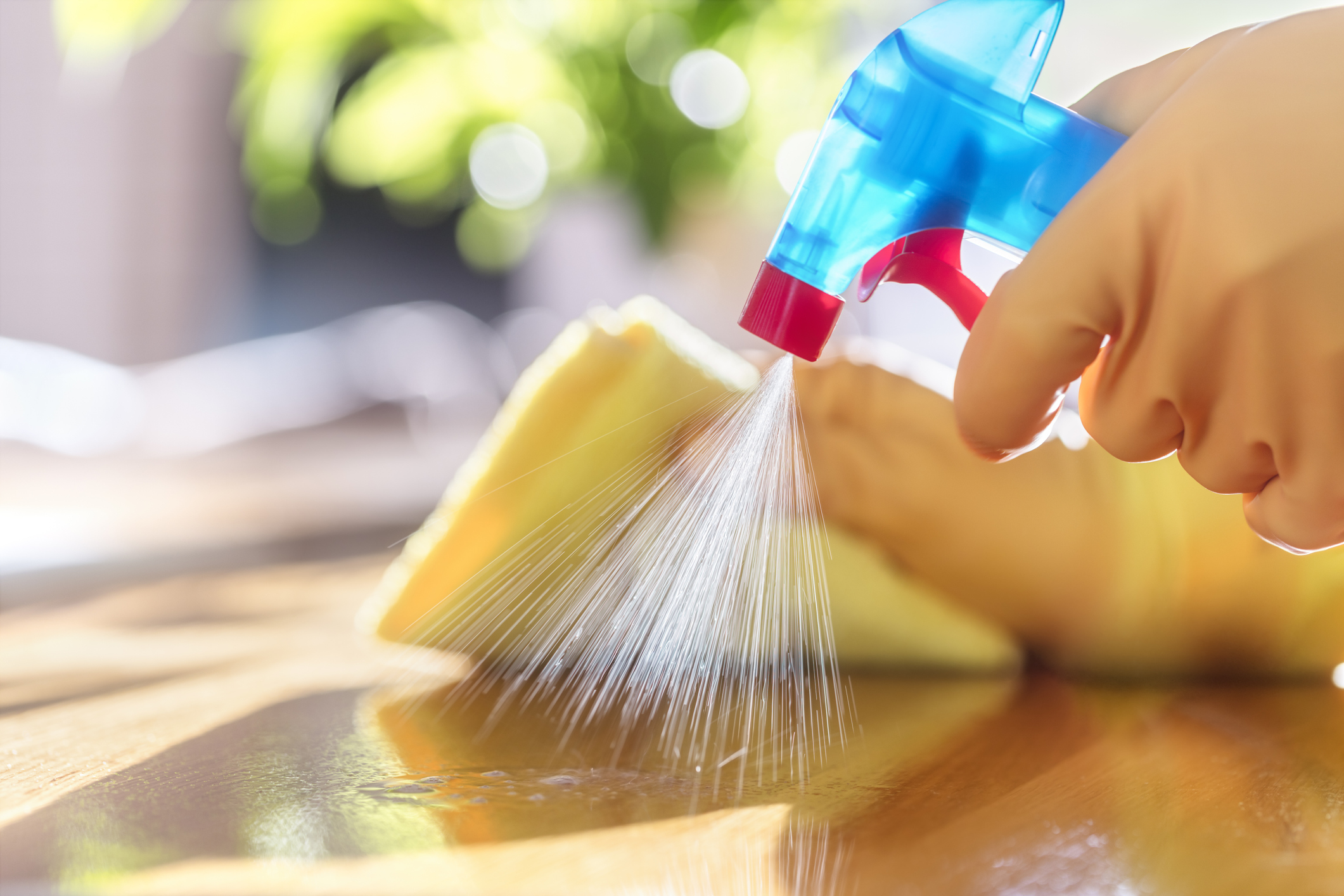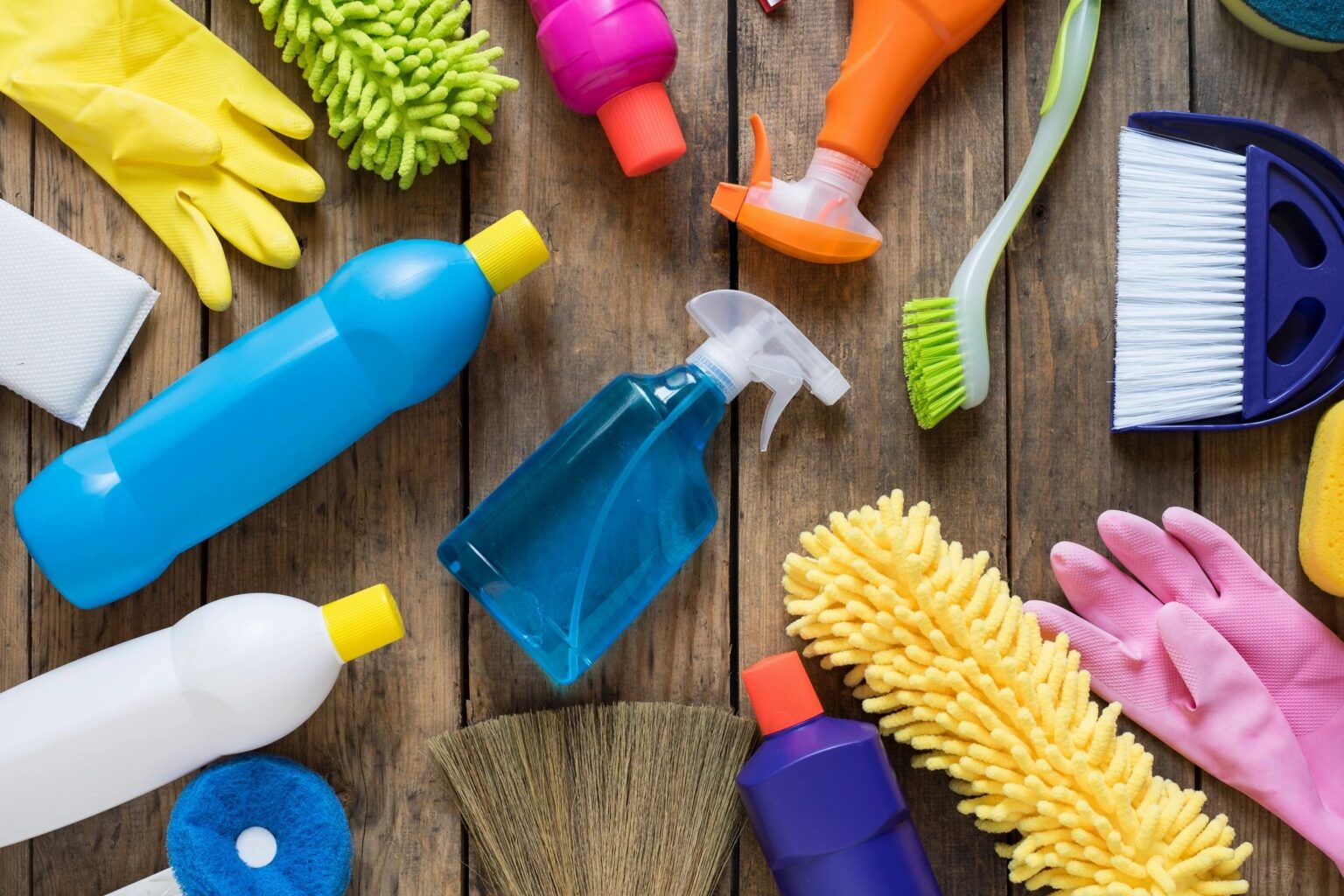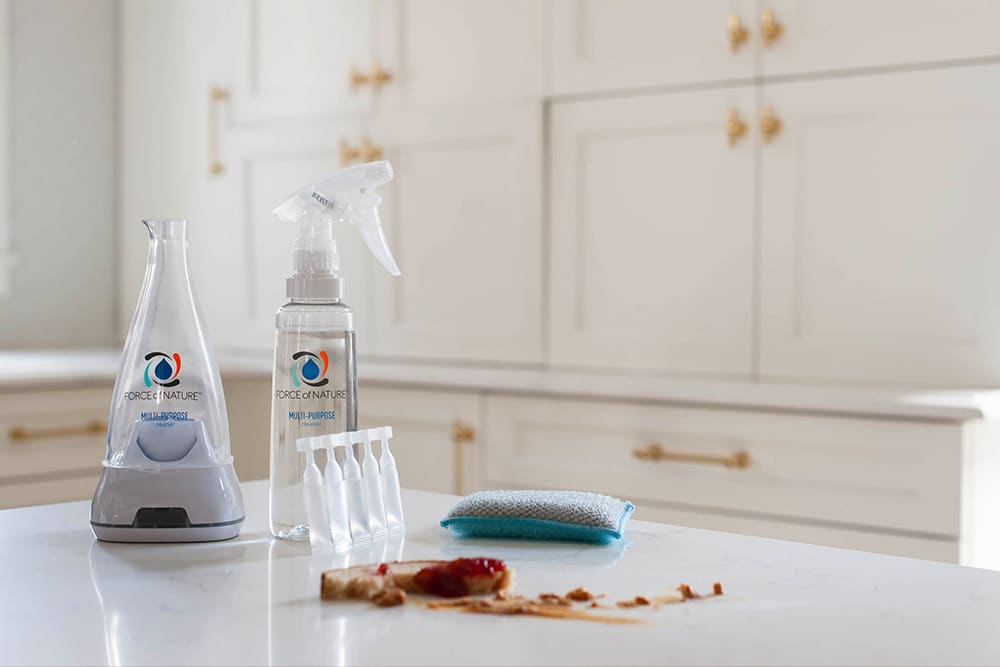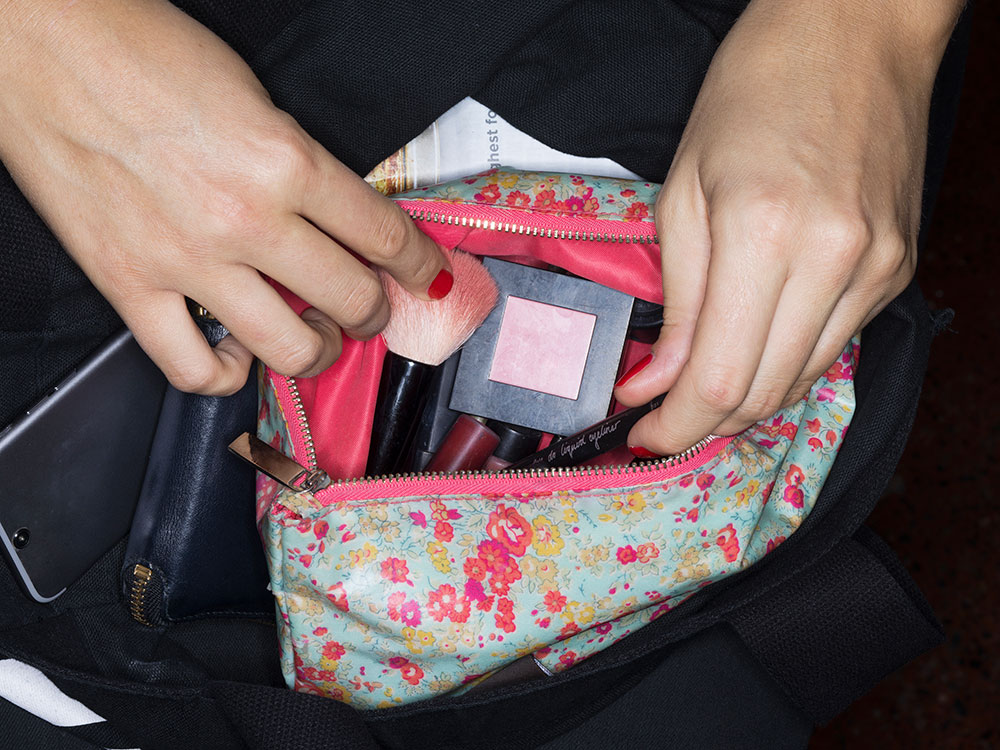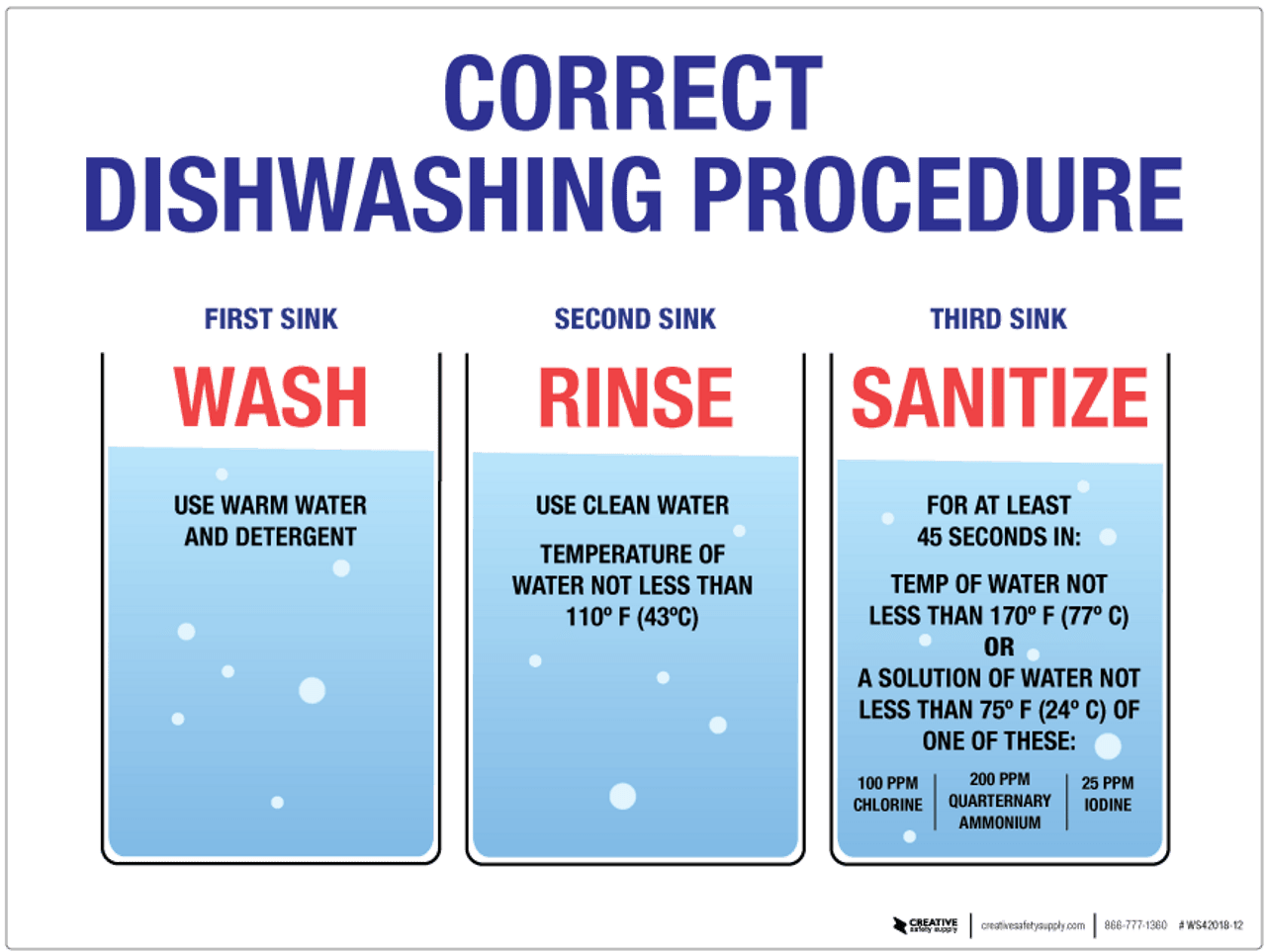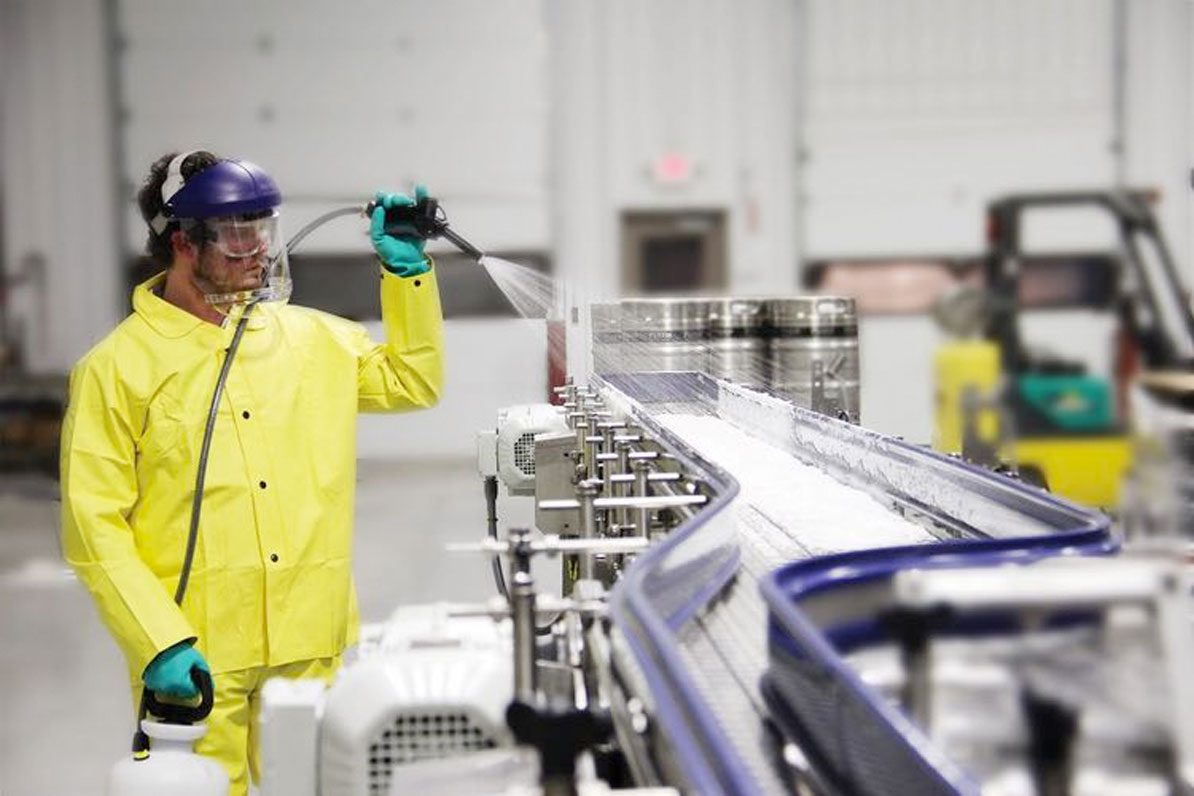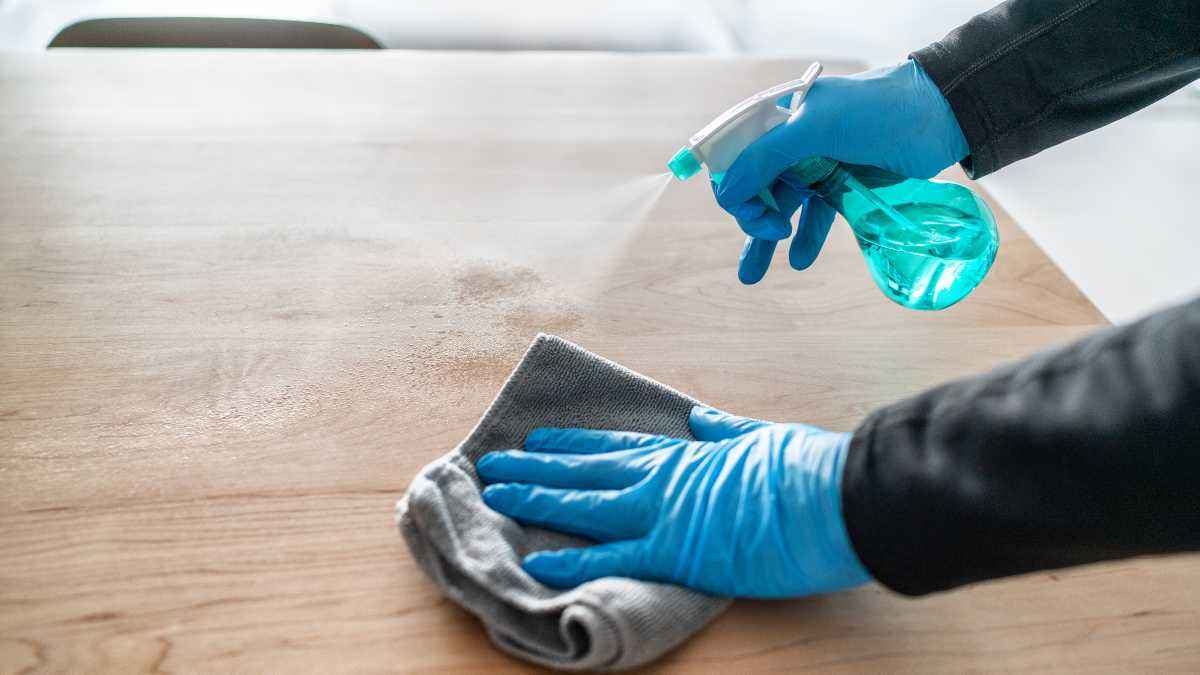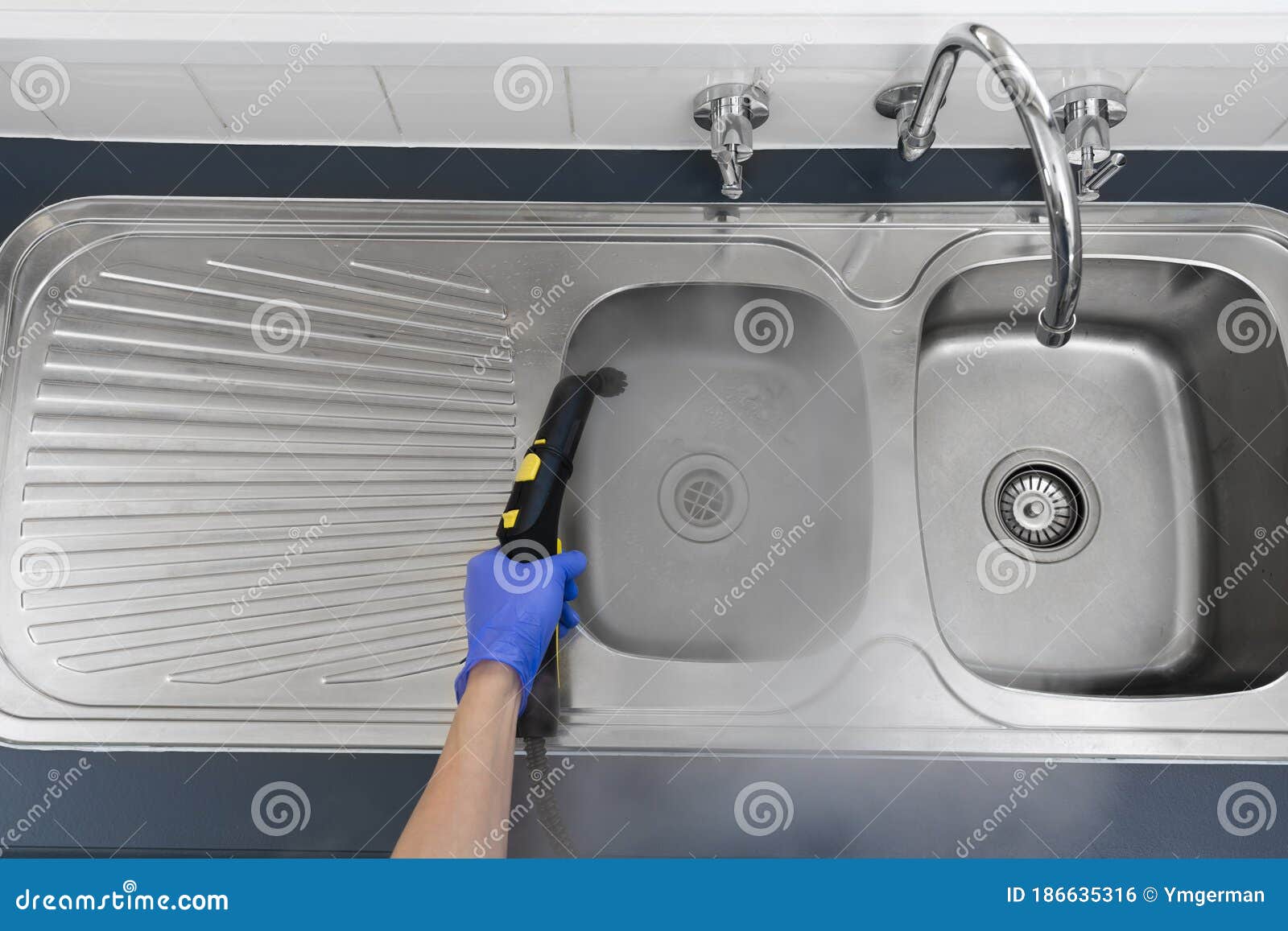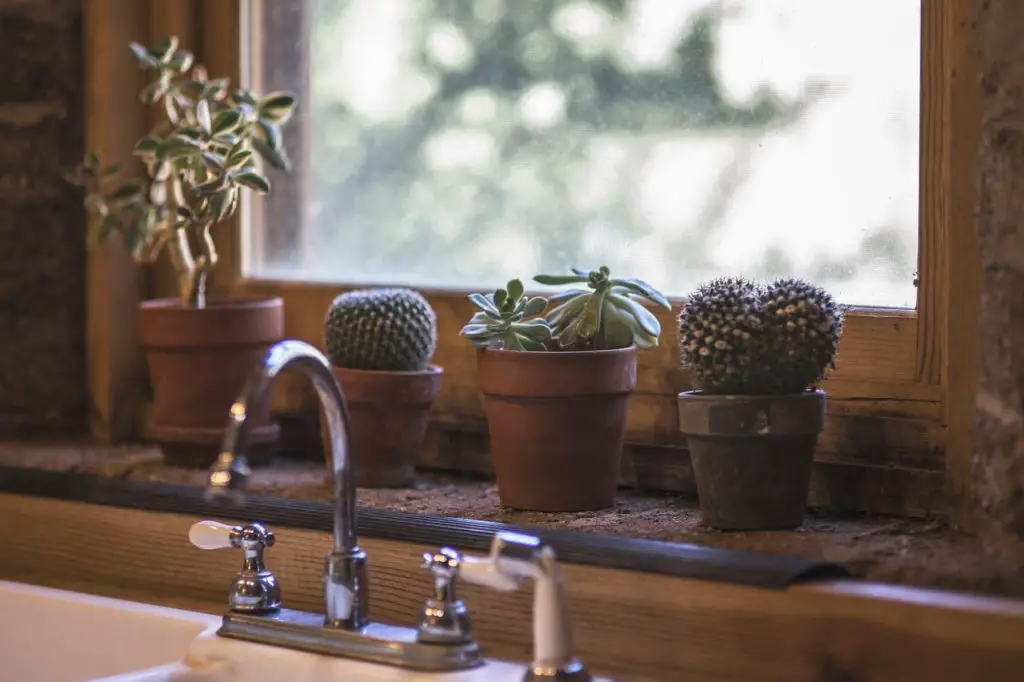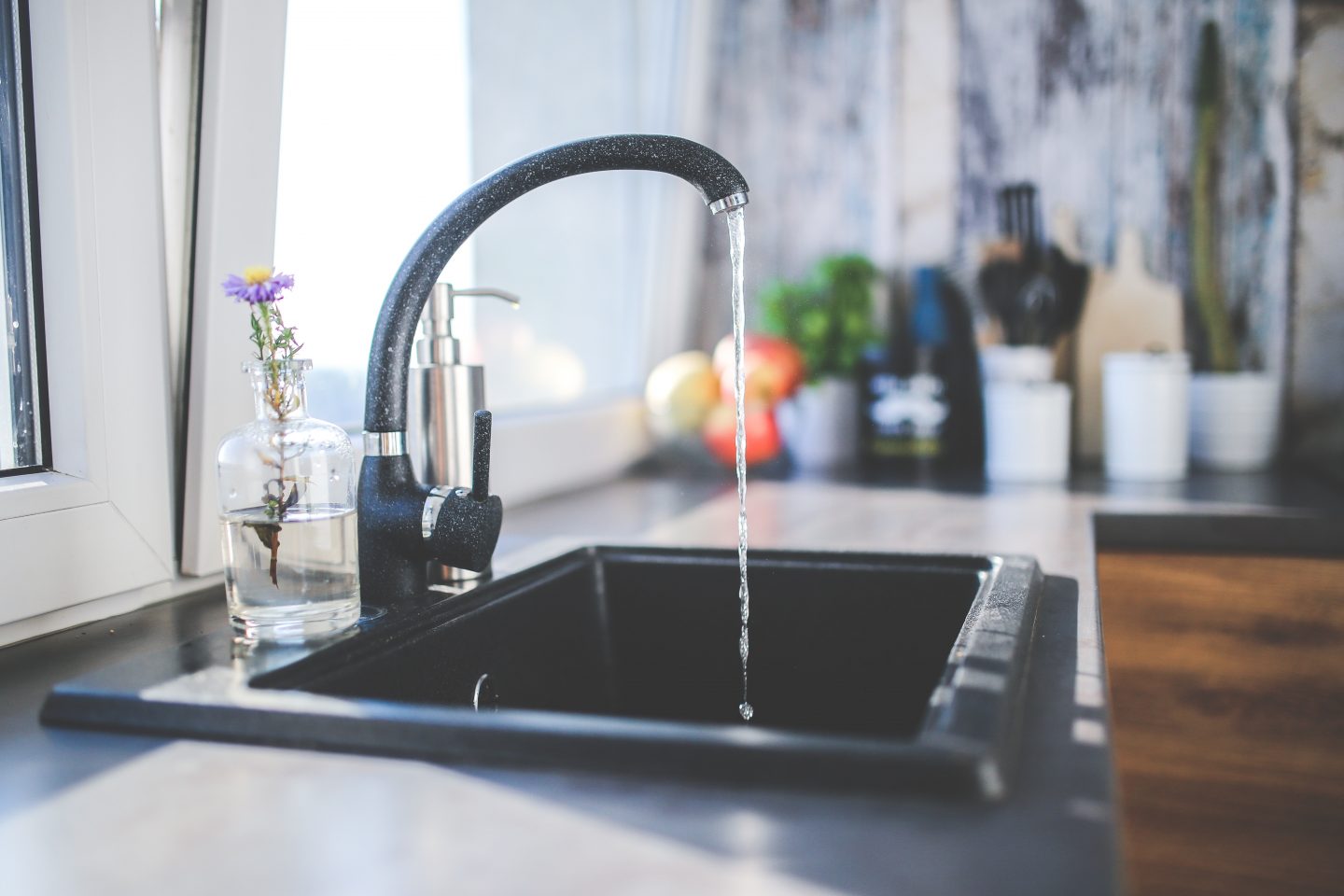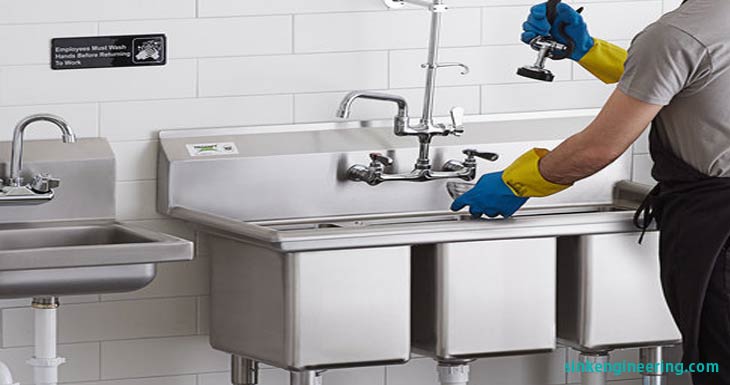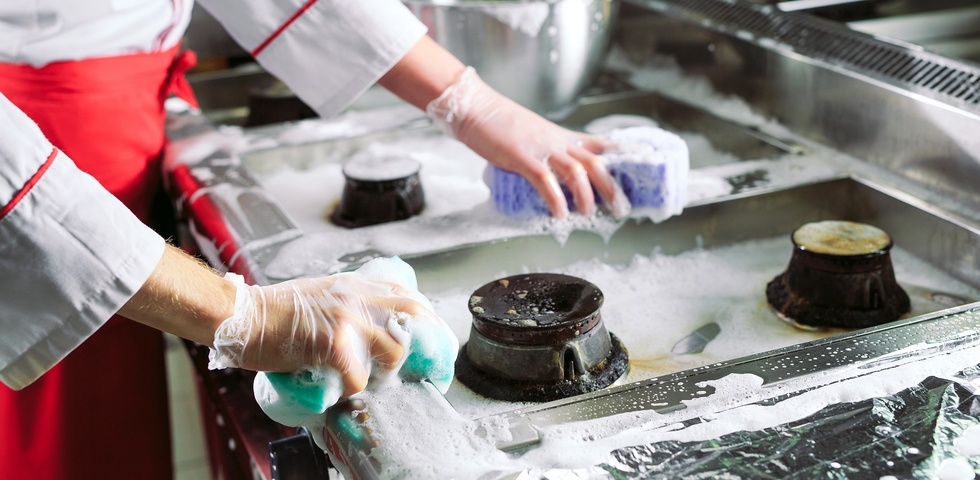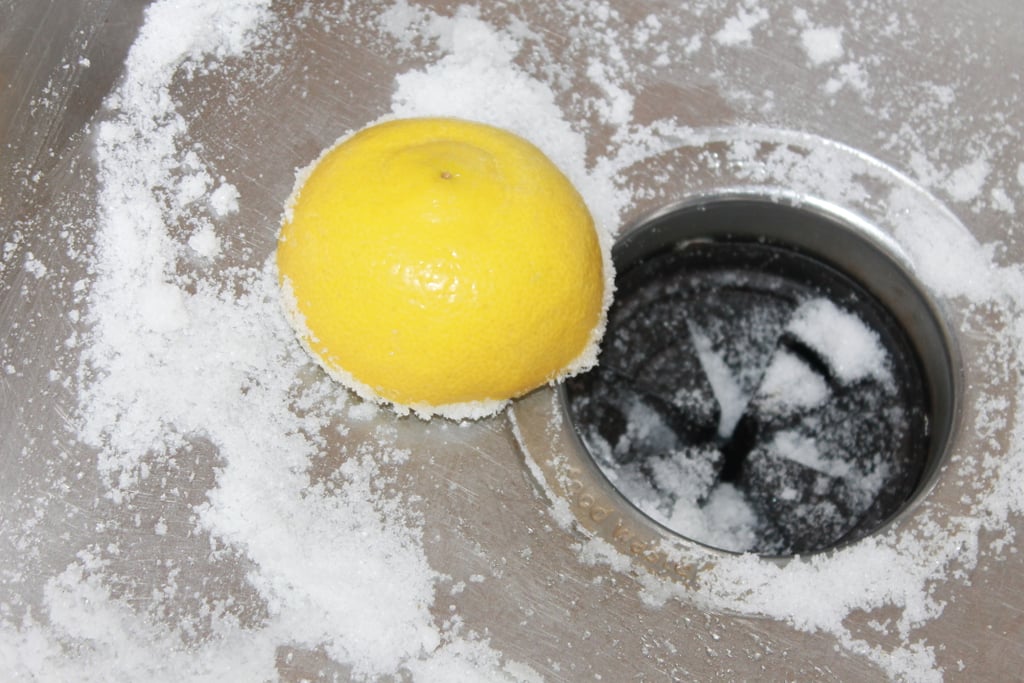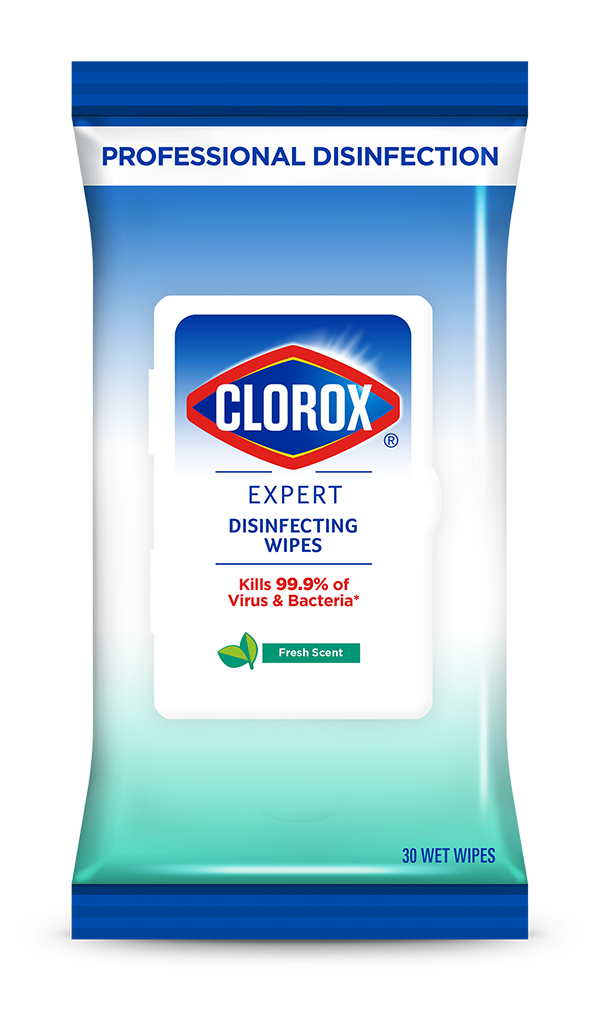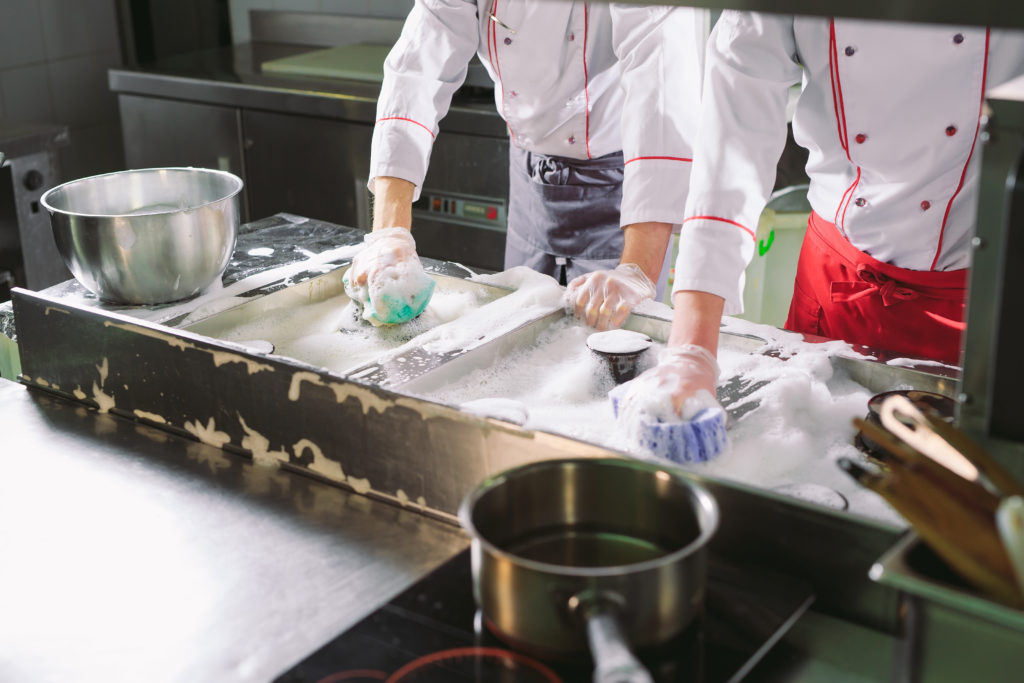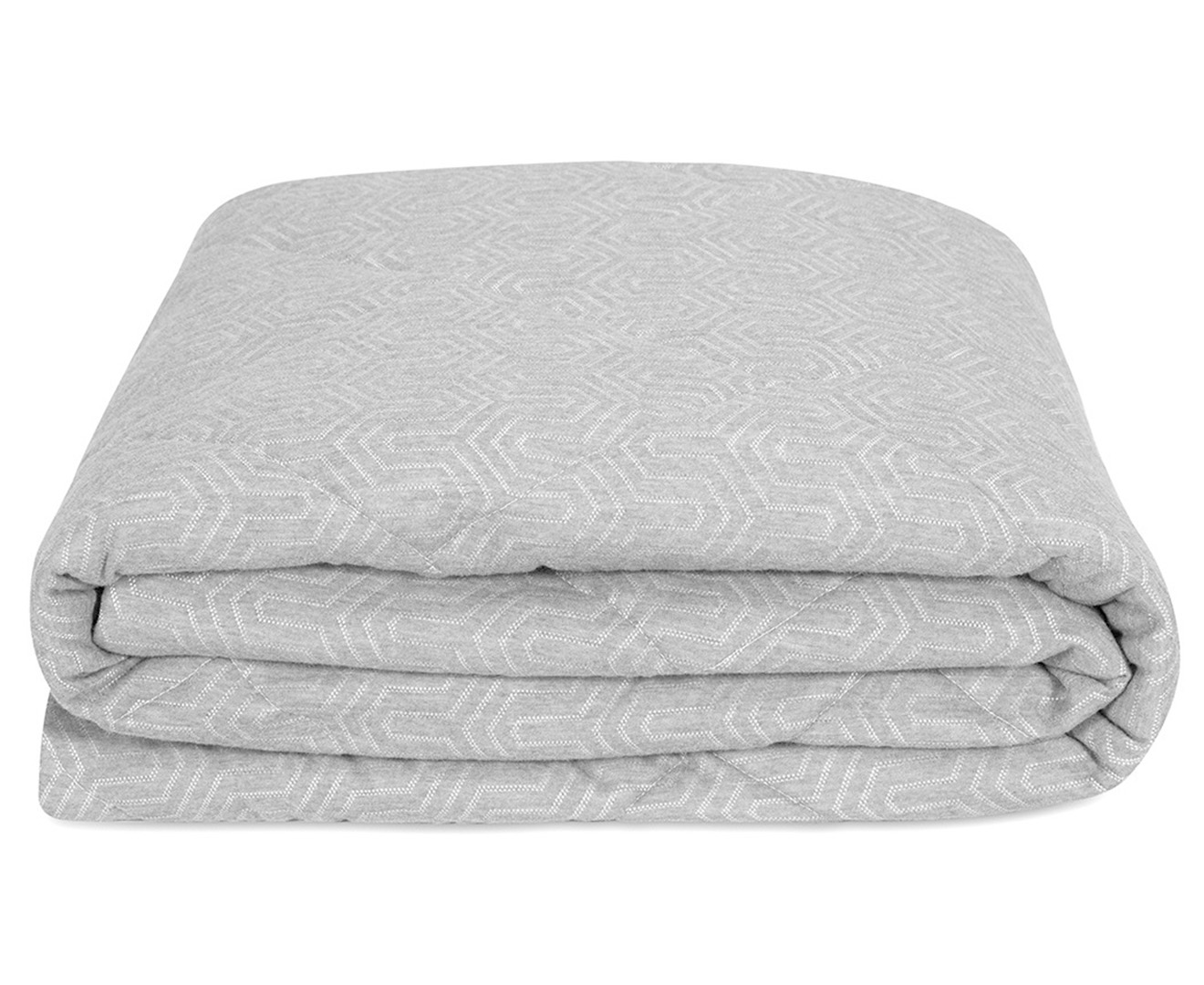Keeping your kitchen sink clean and free of harmful bacteria is essential for maintaining a healthy home. With constant exposure to food, dirty dishes, and other contaminants, your kitchen sink can quickly become a breeding ground for germs. In this article, we will discuss the top 10 ways to disinfect and sanitize your kitchen sink, ensuring that it is not only sparkling clean but also free from harmful bacteria and viruses.How to Disinfect and Sanitize Your Kitchen Sink
Cleaning and disinfecting your kitchen sink may seem like a straightforward task, but there are specific steps you can take to ensure that you are effectively removing germs and bacteria. First, start by removing any food debris or dishes from the sink. Next, use a gentle cleanser or dish soap to wash the sink thoroughly. Then, use a disinfectant cleaner to kill any remaining bacteria. Finally, rinse the sink with hot water and dry it with a clean cloth.How to Clean and Disinfect Your Kitchen Sink
If you prefer to use natural products to clean and disinfect your kitchen sink, you can easily make your own DIY disinfectant. Mix equal parts of white vinegar and water in a spray bottle and add a few drops of your favorite essential oil for a fresh scent. Vinegar is a powerful disinfectant that can effectively kill germs and bacteria while being safe for food preparation areas.DIY Kitchen Sink Disinfectant
If you prefer to use store-bought products for disinfecting your kitchen sink, there are many options available. Look for cleaners that are specifically designed for kitchen surfaces and have antibacterial properties. You can also find natural and eco-friendly options that are gentle on the environment while still being effective in killing germs.Best Products for Disinfecting and Sanitizing Your Kitchen Sink
For a thorough sanitization of your kitchen sink, follow these simple steps. First, clean the sink with soap and water to remove any visible dirt and debris. Next, use a disinfectant cleaner and let it sit for a few minutes to kill any remaining bacteria. Then, rinse the sink with hot water and dry it with a clean towel. Lastly, use a disinfectant spray or wipe to go over the sink again for an extra layer of protection.Step-by-Step Guide to Sanitizing Your Kitchen Sink
If you prefer to make your own kitchen sink sanitizer, you can easily do so with a few simple ingredients. Mix one cup of water, half a cup of rubbing alcohol, and a few drops of dish soap in a spray bottle. This solution is not only an effective sanitizer but also helps to remove any stains or grime from your sink.Homemade Kitchen Sink Sanitizer
Aside from using the right products and techniques, there are a few additional tips to ensure that your kitchen sink is thoroughly disinfected and sanitized. Always remember to wear gloves while cleaning to protect your hands from harsh chemicals. Also, avoid using sponges or cloths that have been used for other cleaning tasks, as they can spread bacteria. Lastly, make sure to regularly clean other kitchen surfaces, such as countertops, to prevent the spread of germs.Top Tips for Disinfecting and Sanitizing Your Kitchen Sink
As mentioned earlier, your kitchen sink can harbor harmful bacteria and viruses, making it crucial to disinfect and sanitize it regularly. These germs can cause food poisoning, stomach flu, and other illnesses, especially if you are preparing food in a contaminated sink. By keeping your kitchen sink clean and sanitized, you can prevent the spread of germs and keep your family safe and healthy.Why It's Important to Disinfect and Sanitize Your Kitchen Sink
If you prefer to use natural products in your home, there are many ways to disinfect and sanitize your kitchen sink without harsh chemicals. As mentioned earlier, vinegar is an excellent natural disinfectant. You can also use baking soda to scrub and deodorize your sink. Another effective option is to use hydrogen peroxide, which has strong antibacterial properties.Natural Ways to Disinfect and Sanitize Your Kitchen Sink
To get expert advice on disinfecting and sanitizing your kitchen sink, we spoke with Dr. Sarah Smith, a microbiologist and cleaning expert. According to Dr. Smith, "It is essential to disinfect and sanitize your kitchen sink regularly to prevent the spread of harmful bacteria, especially if you are preparing food in the sink. Using natural products and following proper cleaning techniques can effectively kill germs and keep your sink clean and safe." In conclusion, keeping your kitchen sink clean and sanitized is crucial for maintaining a healthy home. By following these top 10 tips and using the right products and techniques, you can ensure that your kitchen sink is not only sparkling clean but also free from harmful bacteria and viruses.Expert Advice on Disinfecting and Sanitizing Your Kitchen Sink
Why It's Important to Disinfect and Sanitize Your Kitchen Sink
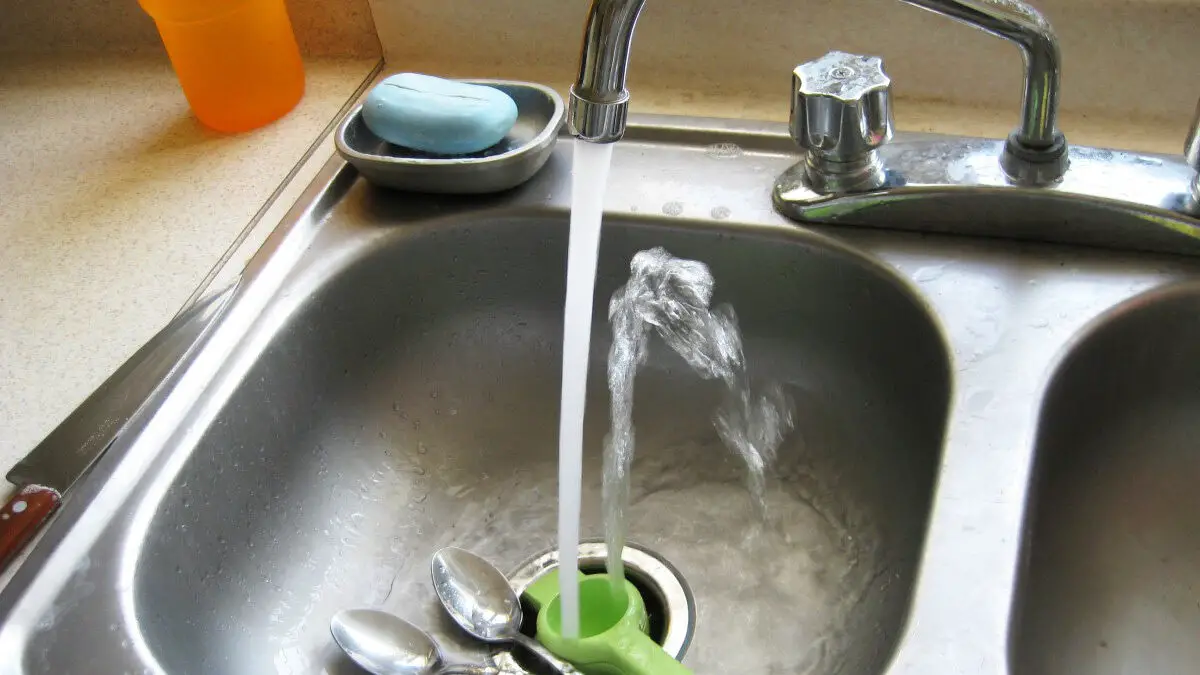
Your kitchen sink is one of the most used and often overlooked areas in your home. It's where you wash your dishes, fruits and vegetables, and even your hands. However, did you know that your kitchen sink can harbor more bacteria than your toilet seat? According to a study by NSF International, kitchen sinks were found to be one of the dirtiest places in the house, with over 45% of sinks containing coliform bacteria and 27% containing mold and yeast. This is why it is crucial to regularly disinfect and sanitize your kitchen sink to maintain a clean and healthy environment in your home.
The Dangers of a Dirty Kitchen Sink
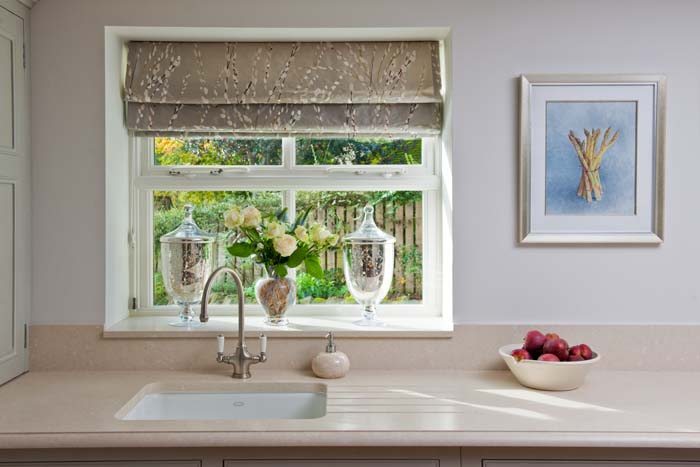
There are several reasons why your kitchen sink can become a breeding ground for bacteria and germs. Firstly, food particles and residue from your dishes can easily get trapped in the drain, creating a perfect environment for bacteria to grow. Secondly, the warm and damp conditions of a kitchen sink provide an ideal breeding ground for germs to thrive. This can lead to the spread of illnesses and infections, especially if you have young children or elderly family members living with you.
How to Properly Disinfect and Sanitize Your Kitchen Sink

Keeping your kitchen sink clean and sanitized is not only important for your health but also for the longevity of your sink. Here are some steps you can follow to properly disinfect and sanitize your kitchen sink :
- Wash your sink daily: After washing your dishes, make sure to scrub your sink with hot, soapy water and rinse thoroughly.
- Use a disinfectant cleaner: Once a week, use a disinfectant cleaner specifically designed for kitchen sinks. Make sure to follow the instructions on the label and wear gloves for protection.
- Disinfect with bleach: If you prefer a natural disinfectant, you can use a solution of one part water and one part bleach to clean and disinfect your sink. Let the solution sit for a few minutes before rinsing thoroughly.
- Sanitize with vinegar: Vinegar is another natural alternative that can effectively sanitize your kitchen sink. Mix equal parts of water and white vinegar and spray it onto your sink. Let it sit for a few minutes before wiping it clean.
- Don't forget the drain: Bacteria and germs can also build up in your sink's drain. To keep it clean, pour a cup of baking soda followed by a cup of white vinegar down the drain. Let it sit for 5-10 minutes before rinsing with hot water.
By regularly disinfecting and sanitizing your kitchen sink, you can help prevent the spread of harmful bacteria and keep your family healthy. It's also important to replace your kitchen sponge regularly and use separate sponges for your dishes and sink to prevent cross-contamination. With these simple steps, you can maintain a clean and hygienic kitchen sink for years to come.



